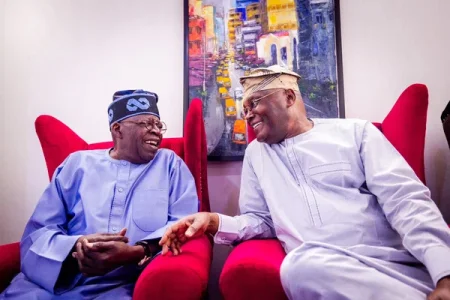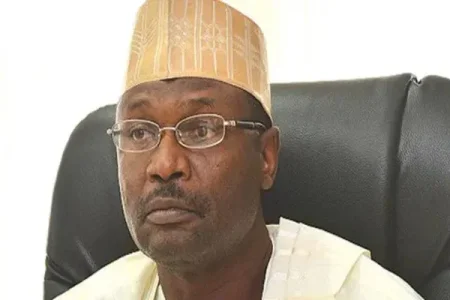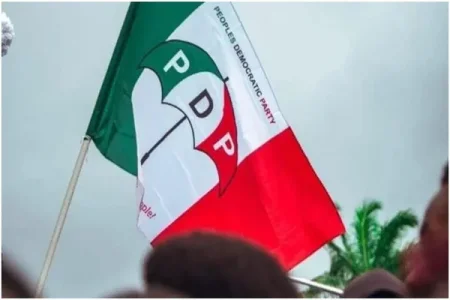
President Bola Tinubu’s administration and former Vice President Atiku Abubakar exchanged heated words on May 29 over Nigeria’s economic direction and governance. The exchange marked Tinubu’s second year in office, reigniting political tensions and exposing sharp national divisions.
- Atiku slammed Tinubu’s government as the “most punishing in history,” accusing it of deepening poverty and disregarding transparency.
- He criticised alleged wasteful spending, economic mismanagement, and policy failure.
- Presidential aide Bayo Onanuga hit back, calling Atiku’s remarks “baseless” and accusing him of ignoring key reforms like fuel subsidy removal and FX unification.
- Onanuga highlighted initiatives such as minimum wage increases and a student loan scheme, said to benefit over 600,000 students.
- Atiku’s aide, Phrank Shaibu, countered that these reforms had not translated into relief for ordinary Nigerians, calling them “deflections from a painful reality.”
The face-off reflects not just political rivalry, but a national struggle over narrative: is Nigeria reforming or relapsing? As both camps pitch conflicting versions of progress, citizens face inflation, job losses, and public frustration.
Two years into Tinubu’s presidency, the clash with Atiku serves as a reminder of how polarised Nigeria’s political space remains — and how central economic survival has become to the public debate.



